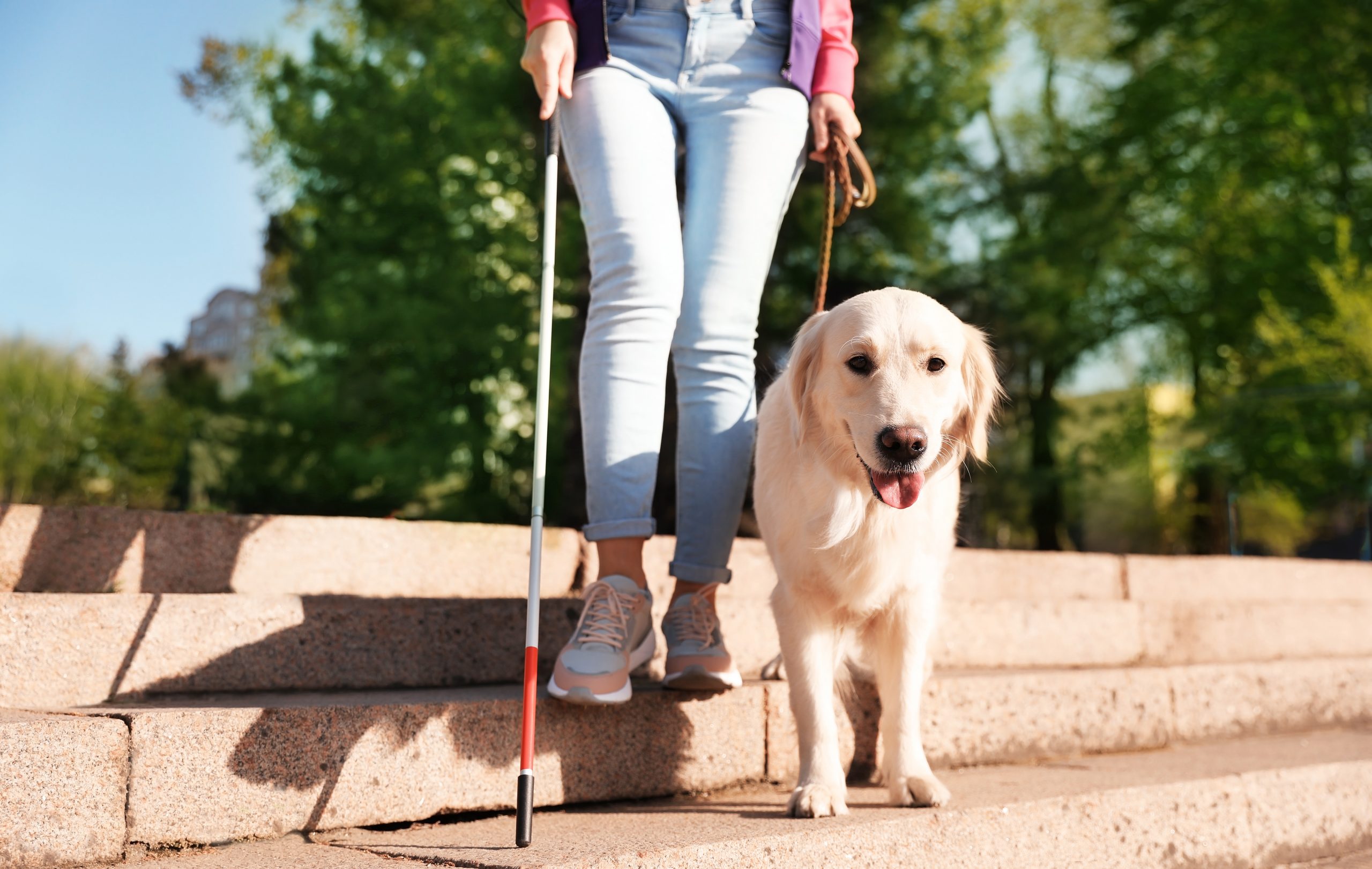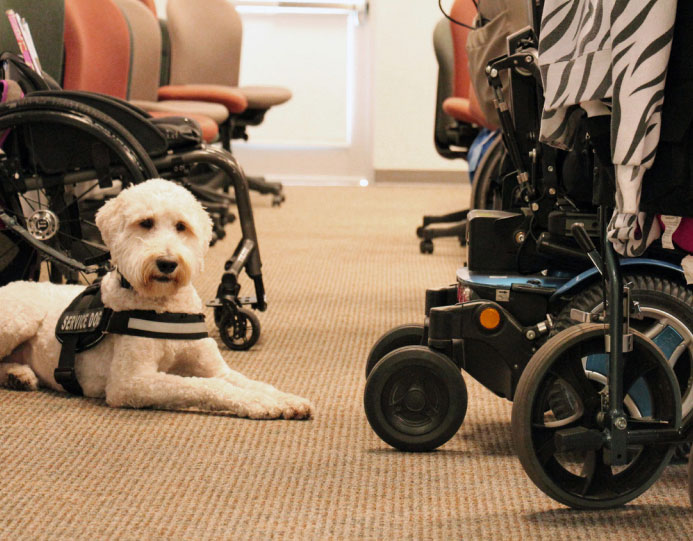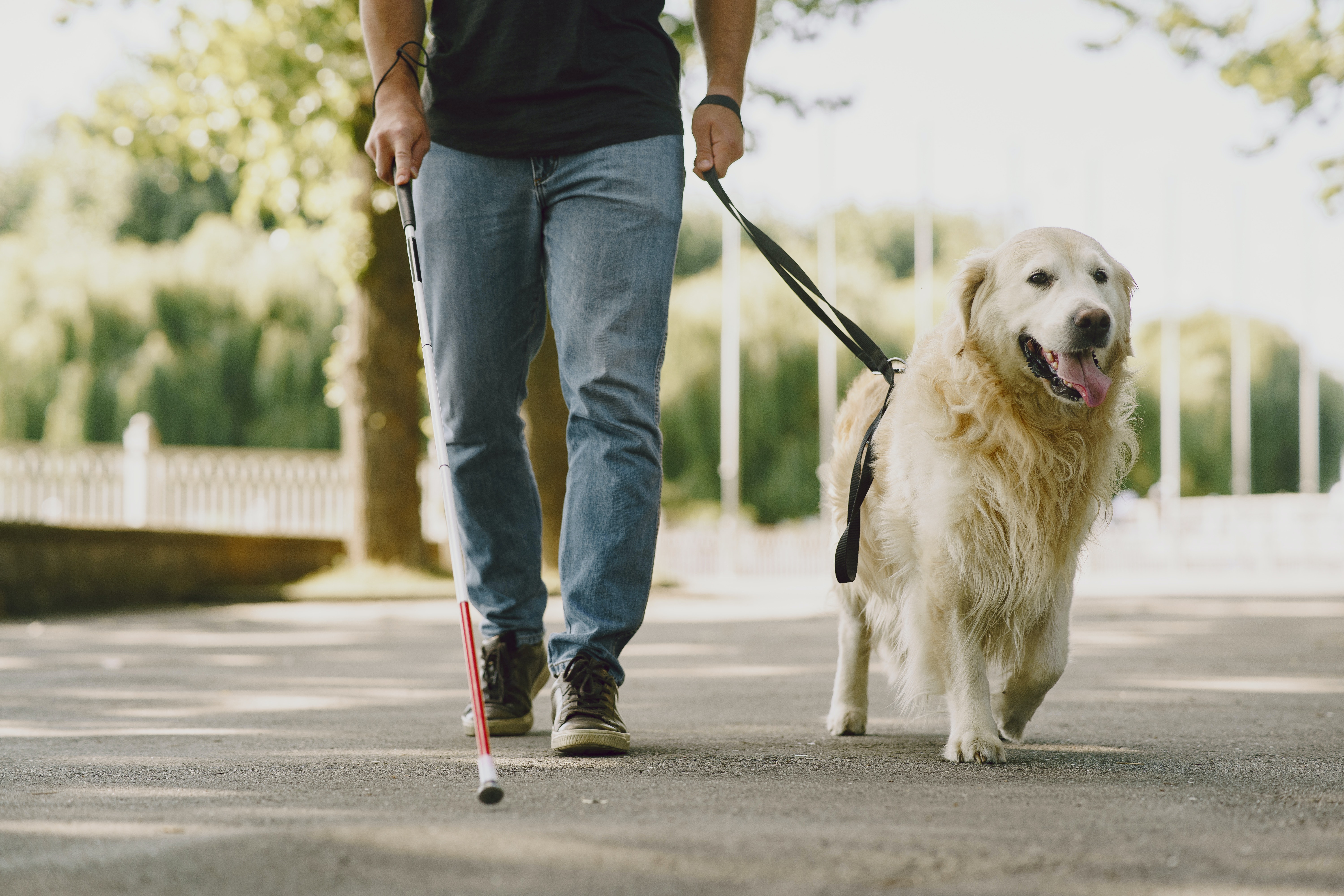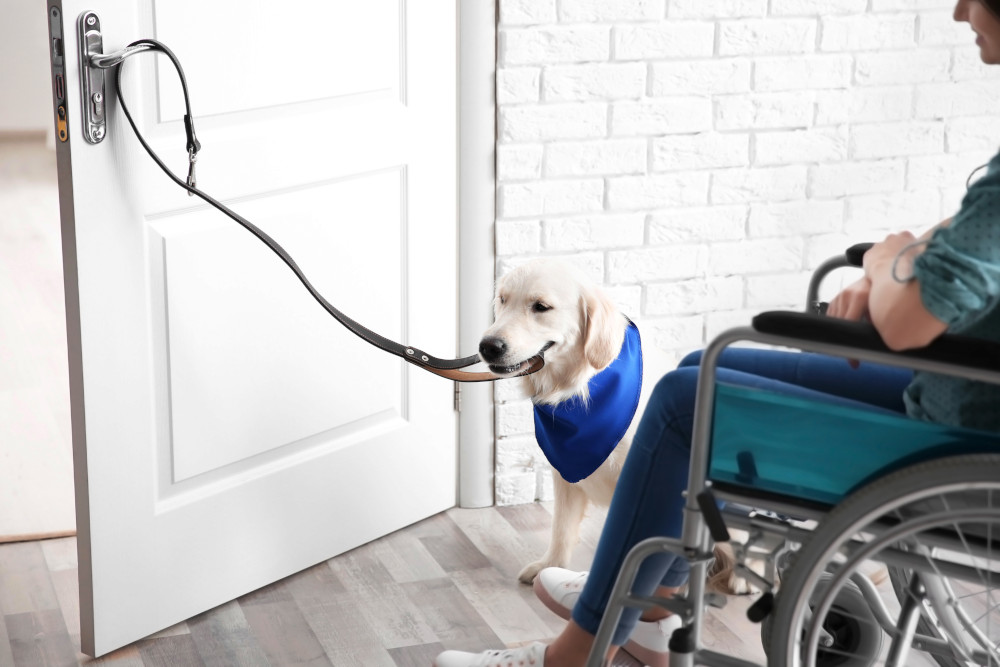Assistance animals play a crucial role in enabling people with disabilities to actively participate in public life and personal activities. These highly trained animals provide essential support and assistance to individuals with various disabilities, such as visual impairments, hearing loss, physical limitations, medical conditions, and psychiatric disorders. While traditionally, guide dogs have been the most recognized form of assistance animals, the understanding of what constitutes an assistance animal has evolved to include a range of animals supporting different disabilities.
This article aims to explore the legal understanding of assistance animals, the specific issues surrounding their regulation and policy, and the role of the Australian Human Rights Commission in addressing discrimination complaints. By delving into the complexities of assistance animal regulations, we can gain a comprehensive understanding of the rights and challenges faced by individuals with disabilities who rely on these vital support services.
What is an Assistance Animal?

Under the Disability Discrimination Act 1992 (Cth) (DDA), an assistance animal is defined as a dog or any other animal that meets specific criteria to assist a person with a disability in alleviating the effects of their disability. The DDA outlines three ways an animal can qualify as an assistance animal:
-
Accreditation under a State or Territory law
-
Accreditation by a prescribed animal training organization
-
Training to assist a person with a disability and meeting appropriate standards of hygiene and behavior in public places.
Assistance animals are not considered pets but rather highly trained disability support services that enable individuals with disabilities to safely participate in personal and public life activities.
The Role of the Disability Discrimination Act
The Disability Discrimination Act 1992 (Cth) plays a crucial role in protecting the rights of individuals with disabilities who rely on assistance animals. It prohibits discrimination based on disability and ensures equal access to goods, services, and facilities for people with disabilities. The Act sets the legal framework for recognizing and accommodating the needs of individuals who use assistance animals.
A recent Federal Court decision, Mulligan v Virgin Australia Pty Ltd [2015] FCAFC 130, provides valuable insights into the application of the DDA concerning assistance animals in the context of air travel. The court ruled in favor of the complainant, Mr. Mulligan, who was denied travel by Virgin Airlines with his assistance dog. The judgment clarified that an animal can qualify as an assistance animal under the DDA if it has received relevant training, regardless of who provided the training. The court emphasized that discrimination against a person accompanied by an assistance animal is equivalent to discriminating against them based on their disability.
Regulation and Policy Challenges

The regulation and policy surrounding assistance animals present ongoing challenges for regulators, including issues related to training, certification, and accreditation of both assistance animals and their handlers. The Australian Human Rights Commission has recognized the need for consistent legislation and policies across states and territories to ensure that people who use assistance animals do not face discrimination, uncertainty, or barriers when accessing the community.
Currently, there are variations among states and territories in terms of accreditation and regulation of assistance animals. For example:
-
In Victoria, an Assistance Animal Pass issued by Public Transport Victoria permits assistance animals to travel on public transport.
-
In Western Australia, the Public Transport Authority does not require permits for assistance animals on public transport, but animals must have an ID card and a dog coat/harness under local government legislation.
-
Queensland issues Handler’s Identity Cards and Animal Passes to allow assistance animals on public transport.
-
South Australia provides a Disability Dog Pass issued by the Dog and Cat Management Board, which is valid indefinitely.
-
New South Wales requires an Assistance Animal Permit for access to public transport, with exceptions for guide dogs and hearing dogs.
In contrast, the Australian Capital Territory, Northern Territory, and Tasmania do not have specific accreditation schemes for assistance animals.
These variations in accreditation and regulation create confusion and potential barriers for people with disabilities who travel interstate or rely on assistance animals for daily activities.
Addressing the Regulatory Challenges
To address the regulatory challenges surrounding assistance animals, the Victorian Disability Discrimination Legal Service (DDLS) has called for a national model or interstate recognition of assistance animal identification and certification. They recommend adopting a provision similar to the Western Australian legislation, recognizing accreditation from different states or territories.
The DDLS also suggests the introduction of a single permit that can be used for various purposes, such as accessing public transport, employment, and educational settings. This approach would reduce the burden on individuals with disabilities in terms of cost and inconvenience associated with multiple permits.
The validity period and renewal of certification also pose challenges for individuals with disabilities. The DDLS suggests considering longer validity periods, such as South Australia’s indefinite time period or Queensland’s five-year validity period, to reduce the frequency of renewals.
With the implementation of the National Disability Insurance Scheme (NDIS), more individuals with disabilities are expected to exercise their right to access their communities and utilize appropriate supports, including assistance animals. However, without addressing the current gaps in policy and regulation across the country, barriers and discrimination will persist for those relying on assistance animals.
Australian Human Rights Commission and Assistance Animal Complaints
The Australian Human Rights Commission plays a crucial role in addressing discrimination complaints related to assistance animals. Over the past three years, the Commission has received numerous complaints highlighting various instances of discrimination against individuals with disabilities who use assistance animals.
Examples of conciliated complaints involving assistance animals include:
-
A woman with bipolar disorder and social anxiety was denied access to a shopping center with her assistance dog. The complaint was resolved through conciliation, and the shopping center agreed to provide training to staff and ensure future access for the woman and her assistance dog.
-
A seven-year-old boy with Autism Spectrum Disorder was initially denied entry to a zoo due to his assistance dog. The complaint was resolved, and the zoo apologized, committing to reconsidering its layout to accommodate assistance and guide dogs.
-
A person with mobility and balance issues was denied access to a sports club due to their assistance animal. The club resolved the complaint by reviewing its policies and expressing regret for any misunderstanding.
These examples highlight the importance of conciliation in resolving disputes and ensuring equal access for individuals with disabilities and their assistance animals.
The Need for Consistent Regulation and Policy

The variations in regulation and policy across states and territories, along with the existing gaps in legislation, create confusion and barriers for individuals with disabilities who rely on assistance animals. To address these challenges, the Australian Human Rights Commission, in collaboration with various stakeholders, is working towards developing consistent accreditation schemes and policies for assistance animals.
The implementation of a national model or interstate recognition of assistance animal identification and certification would ensure a seamless experience for individuals who travel between different jurisdictions. Additionally, the introduction of a single permit for multiple purposes would streamline the process for accessing public transport, employment, and educational settings.
By addressing these regulatory challenges and promoting consistent legislation, Australia can create a more inclusive society that respects the rights of individuals with disabilities and their invaluable assistance animals.
Conclusion
Assistance animals play a vital role in supporting individuals with disabilities, enabling them to actively participate in personal and public life activities. The Disability Discrimination Act provides legal protection and recognition for assistance animals, prohibiting discrimination based on disability. However, the regulation and policy surrounding assistance animals present ongoing challenges, with variations among states and territories.
Efforts are underway to address these challenges and promote consistent accreditation schemes and policies across Australia. The Australian Human Rights Commission plays a crucial role in addressing discrimination complaints and facilitating conciliation between parties.
By ensuring consistent regulation and policy, Australia can create a more inclusive society that values and respects the rights of individuals with disabilities and their life-changing assistance animals.
